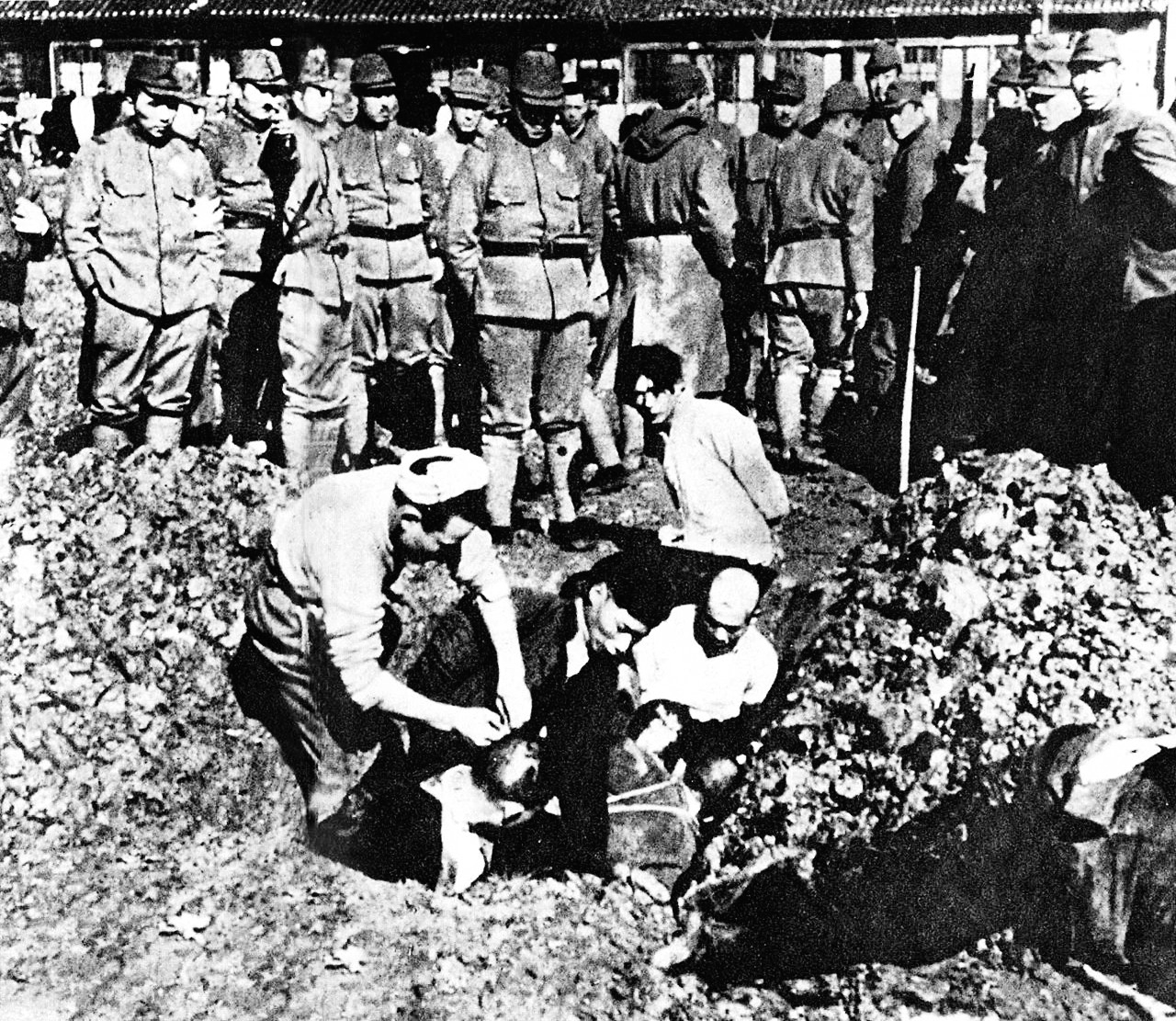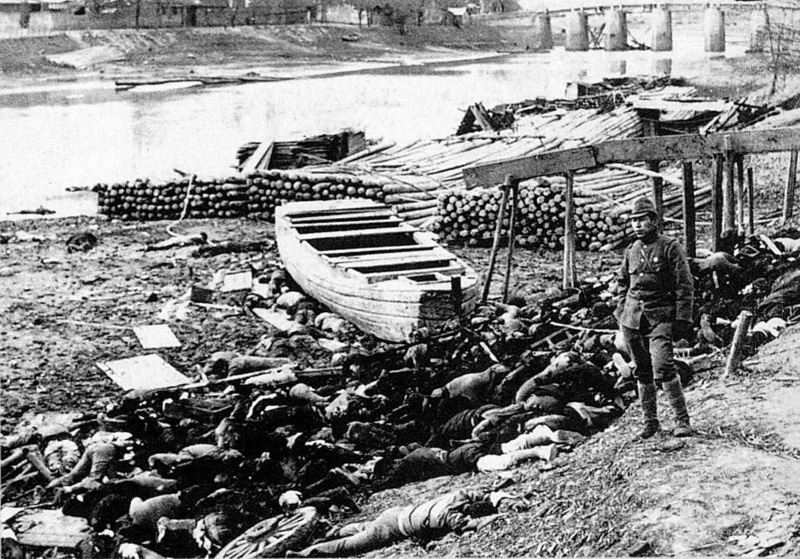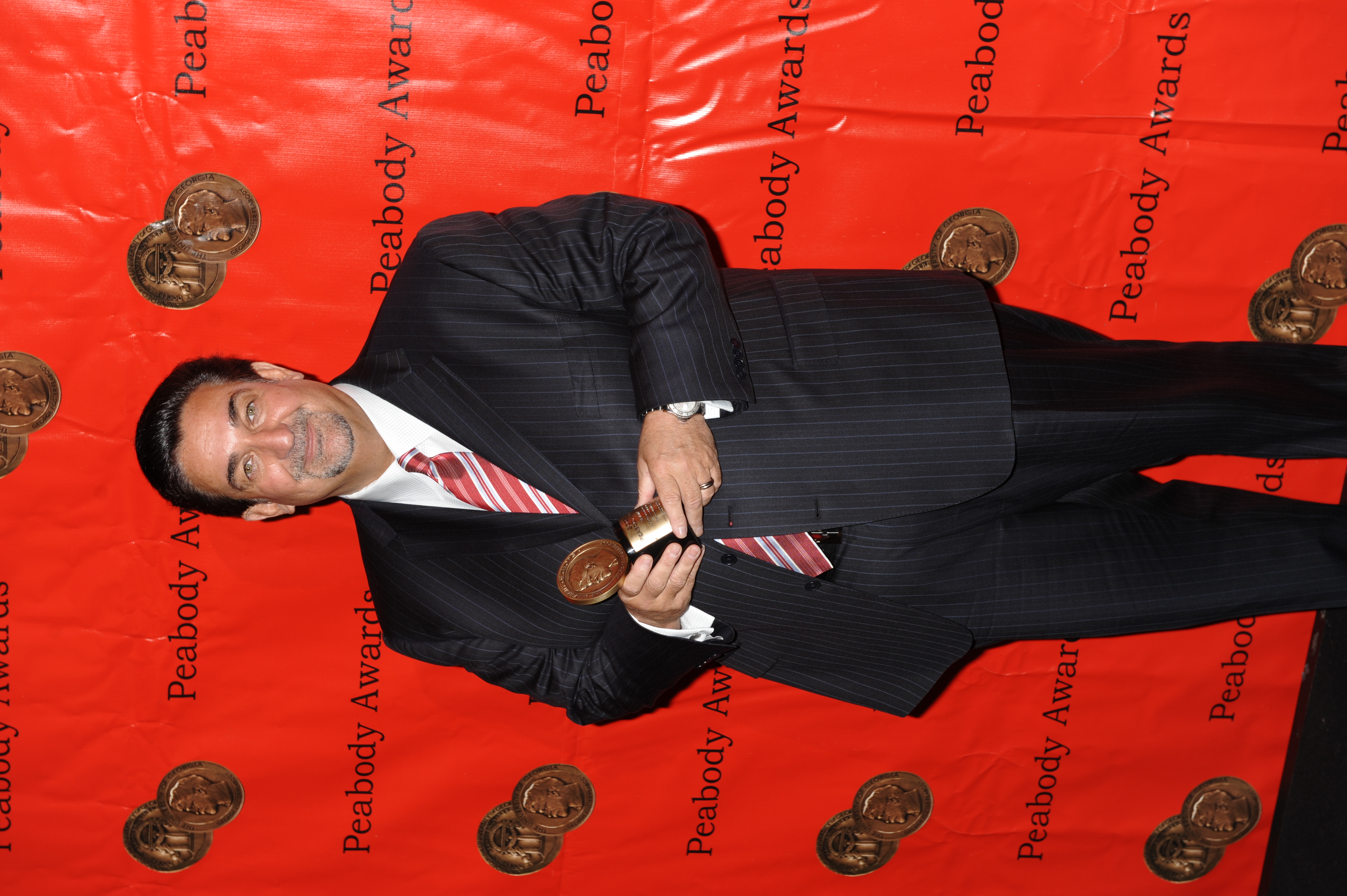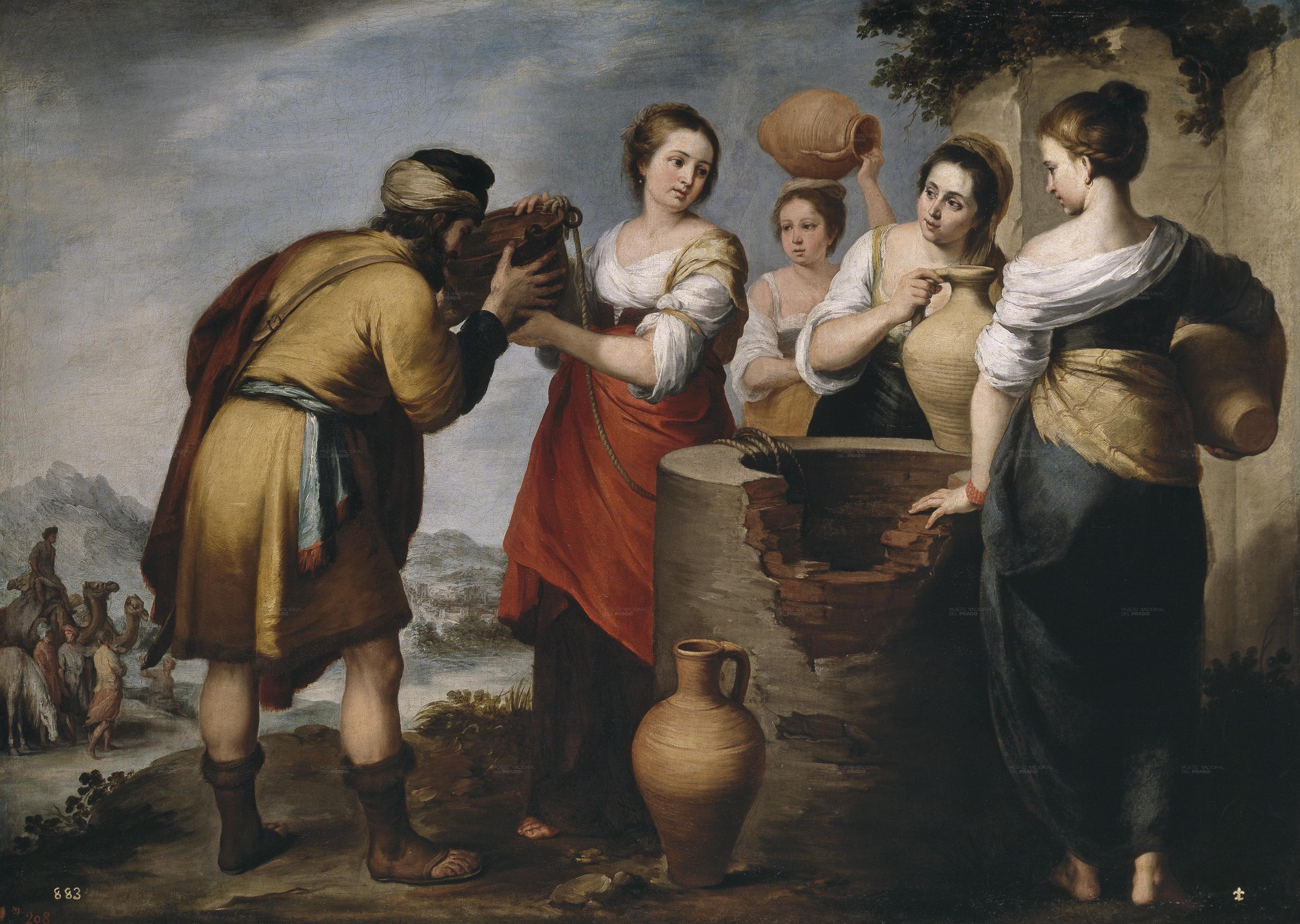|
Don't Cry, Nanking
''Don't Cry, Nanking'', also known as ''Nanjing 1937'' (), is a 1995 Chinese film about the 1937 Nanking Massacre committed by the Imperial Japanese Army in the former capital city Nanjing, China. Plot Set in late December 1937, the story focuses on a family, a Chinese doctor, his pregnant Japanese wife and their two children, who escaped the Battle of Shanghai hoping to seek refuge in the capital where the doctor was born. Being Japanese, the wife must hide her origins to the Chinese citizens, but soon upon their arrival, the city is invaded by the Imperial Japanese Army and this time, it is the father who tries to hide his identity as the family tries to reach the safety zone established by the International Committee for Nanking Safety Zone. Among historical characters such as John Rabe and Minnie Vautrin, the film also features an out-of-context excerpt of the infamous Contest to kill 100 people using a sword between Toshiaki Mukai and Tsuyochi Noda. There are some painfu ... [...More Info...] [...Related Items...] OR: [Wikipedia] [Google] [Baidu] |
Wu Ziniu
Wu Ziniu (born 31 October 1952), is a Chinese film director and a member of the "Fifth Generation" film movement, a movement of filmmakers who graduated from the Beijing Film Academy in the early 1980s.Zhang, Yingjin & Xiao, Zhiwei (1998). ''Encyclopedia of Chinese Film''. Taylor & Francis, p. 372. . Unlike his better-known contemporaries, Zhang Yimou and Chen Kaige, who made their names with historical dramas, Wu Ziniu is best known for his early war films. His 1985 film on the Sino-Vietnamese War, ''Dove Tree'', was the first film by a Fifth Generation director to be banned by the Chinese government. Directorial career A member of the 1982 graduating class of the Beijing Film Academy, Wu was assigned to the Xiaoxing Film Studio. There he directed four films, including the children's film, ''The Candidate'', the war films ''Secret Decree'' and ''Dove Tree'', and the drama, ''The Last Day of Winter''. After ''The Last Day of Winter'', Wu expanded to other studios, working with th ... [...More Info...] [...Related Items...] OR: [Wikipedia] [Google] [Baidu] |
Herbert Bix
Herbert P. Bix (born 1938) is an American historian. He wrote ''Hirohito and the Making of Modern Japan'', an account of the Japanese Emperor and the events which shaped modern Japanese imperialism, which won the Pulitzer Prize for General Nonfiction in 2001. Bix was born in Boston and attended the University of Massachusetts Amherst. He earned the PhD in history and Far Eastern languages from Harvard University. He was a founding member of the Committee of Concerned Asian Scholars. For several decades, he has written about modern and contemporary Japanese history in the United States and Japan. He has taught at many universities, including Hosei University in Japan as of 1986 and 1990, and Hitotsubashi University as of 2001. As of 2013 he is Professor Emeritus in History and Sociology at Binghamton University. His book 'Peasant Protest in Japan, 1590–1884' was hailed as 'a sensitive rendering of the actions of great masses of people' and a superior 'Marxist history'. Select ... [...More Info...] [...Related Items...] OR: [Wikipedia] [Google] [Baidu] |
The Tokyo Trial (film)
''The Tokyo Trial'' () is a Chinese film released in 2006. Plot This film was directed by Gao Qunshu and is about the International Military Tribunal for the Far East after Japan's surrender in World War II. The movie presents the trial from the point of view of the Chinese judge Mei Ju-ao. The director and his crew spent more than a year doing research to finish the script, which is based on historical data. It cost 18 million yuan (2.25 million U.S. dollars). This film hired actors from 11 countries, including mainland China, Hong Kong, Japan and other places, including actors such as Kenneth Tsang and Damian Lau. They recreated court scenes from the trial in Chinese, English and Japanese. It was shown in cinemas and around 100 universities across mainland China to mark the 75th anniversary of the start of Japan's invasion of China. Cast * Damian Lau as Mei Ju-ao, a judge * Ken Chu as Hsiao Nan * Kelly Lin as Yoshiko Wada * Kenneth Tsang as Xiang Zhejun * Eric Tsang as Mas ... [...More Info...] [...Related Items...] OR: [Wikipedia] [Google] [Baidu] |
Japanese War Crimes
The Empire of Japan committed war crimes in many Asian-Pacific countries during the period of Japanese imperialism, primarily during the Second Sino-Japanese and Pacific Wars. These incidents have been described as an "Asian Holocaust". Some war crimes were committed by Japanese military personnel during the late 19th century, but most were committed during the first part of the Shōwa era, the name given to the reign of Emperor Hirohito. Under Emperor Hirohito, the Imperial Japanese Army (IJA) and the Imperial Japanese Navy (IJN) perpetrated numerous war crimes which resulted in the deaths of millions of people. Estimates of the number of deaths range from three to 30 million through massacres, human experimentation, starvation, and forced labor directly perpetrated or condoned by the Japanese military and government. Japanese veterans have admitted war crimes and have provided oral testimonies and written evidence, which includes diaries and war journals. Airmen of ... [...More Info...] [...Related Items...] OR: [Wikipedia] [Google] [Baidu] |
The Nanking Massacre
The Nanjing Massacre (, ja, 南京大虐殺, Nankin Daigyakusatsu) or the Rape of Nanjing (formerly romanized as ''Nanking'') was the mass murder of Chinese civilians in Nanjing, the capital of the Republic of China, immediately after the Battle of Nanking in the Second Sino-Japanese War, by the Imperial Japanese Army. Beginning on December 13, 1937, the massacre lasted six weeks. The perpetrators also committed other war crimes such as mass rape, looting, and arson. The massacre was one of the worst atrocities committed during World War II. The Japanese Army had pushed quickly through China after capturing Shanghai in November 1937. By early December, it was on the outskirts of Nanjing. The speed of the army's advance was likely due to commanders allowing looting and rape along the way. As the Japanese approached, the Chinese army withdrew the bulk of its forces since Nanjing was not a defensible position. The civilian government of Nanjing fled, leaving the city under the ... [...More Info...] [...Related Items...] OR: [Wikipedia] [Google] [Baidu] |
Nanking (2007 Film)
''Nanking'' () is a 2007 documentary film about the Nanking Massacre, committed in 1937 by the Japanese army in the former capital city Nanjing, China. It was inspired by Iris Chang's book ''The Rape of Nanking'' (1997), which discussed the persecution and murder of the Chinese by the Imperial Japanese Army in the then-capital of Nanjing at the outset of the Second Sino-Japanese War (1937–45). The film draws on letters and diaries from the era as well as archive footage and interviews with surviving victims and perpetrators of the massacre. Contemporary actors play the roles of the Western missionaries, professors, and businessmen who formed the Nanking Safety Zone to protect the city's civilians from Japanese forces. Particular attention is paid to Nazi Party member John Rabe, a German businessman who organized the Nanking Safety Zone, Robert O. Wilson, a surgeon who remained in Nanking to care for legions of victims, and Minnie Vautrin, a missionary educator who rendered ai ... [...More Info...] [...Related Items...] OR: [Wikipedia] [Google] [Baidu] |
BBC News
BBC News is an operational business division of the British Broadcasting Corporation (BBC) responsible for the gathering and broadcasting of news and current affairs in the UK and around the world. The department is the world's largest broadcast news organisation and generates about 120 hours of radio and television output each day, as well as online news coverage. The service maintains 50 foreign news bureaus with more than 250 correspondents around the world. Deborah Turness has been the CEO of news and current affairs since September 2022. In 2019, it was reported in an Ofcom report that the BBC spent £136m on news during the period April 2018 to March 2019. BBC News' domestic, global and online news divisions are housed within the largest live newsroom in Europe, in Broadcasting House in central London. Parliamentary coverage is produced and broadcast from studios in London. Through BBC English Regions, the BBC also has regional centres across England and national new ... [...More Info...] [...Related Items...] OR: [Wikipedia] [Google] [Baidu] |
Rebecca Peyrelon
Rebecca, ; Syriac: , ) from the Hebrew (lit., 'connection'), from Semitic root , 'to tie, couple or join', 'to secure', or 'to snare') () appears in the Hebrew Bible as the wife of Isaac and the mother of Jacob and Esau. According to biblical tradition, Rebecca's father was Bethuel the Aramean from Paddan Aram, also called Aram-Naharaim. Rebecca's brother was Laban the Aramean, and she was the granddaughter of Milcah and Nahor, the brother of Abraham. Rebecca and Isaac were one of the four couples that some believe are buried in the Cave of the Patriarchs, the other three being Adam and Eve, Abraham and Sarah, and Jacob and Leah. Early life After the Binding of Isaac, Sarah died. After taking care of her burial, Abraham went about finding a wife for his son Isaac, who was already 37 years old. He commanded his servant (whom the Torah commentators identify as Eliezer of Damascus) to journey to his birthplace of Aram Naharaim to select a bride from his own family, rather ... [...More Info...] [...Related Items...] OR: [Wikipedia] [Google] [Baidu] |
John Magee (missionary)
John Gillespie Magee (October 10, 1884 – September 11, 1953) was an American Episcopal priest, best known for his work in Nanking as a missionary, and for the films and pictures he shot during the Nanking Massacre. He is also credited with saving thousands of lives throughout the event. Early life and education Magee was born in 1884 in Pittsburgh, Pennsylvania. Magee came from a wealthy Pittsburgh family. His brother was aviator and Congressman James McDevitt Magee. Magee went to school at Yale University, where he was a member of Skull and Bones, and then on to divinity school in Massachusetts. A missionary in China, he was the minister at an Episcopal mission in Nanking from 1912 to 1940. While in China, Magee married a missionary from Helmingham in Suffolk, England, Faith Emmeline Backhouse. They had four sons: John, Hugh, David and Christopher. Their oldest son went on to write the famous poem '' High Flight'', when he served in the Royal Canadian Air Force during t ... [...More Info...] [...Related Items...] OR: [Wikipedia] [Google] [Baidu] |
Michael Zannett
Michael may refer to: People * Michael (given name), a given name * Michael (surname), including a list of people with the surname Michael Given name "Michael" * Michael (archangel), ''first'' of God's archangels in the Jewish, Christian and Islamic religions * Michael (bishop elect), English 13th-century Bishop of Hereford elect * Michael (Khoroshy) (1885–1977), cleric of the Ukrainian Orthodox Church of Canada * Michael Donnellan (1915–1985), Irish-born London fashion designer, often referred to simply as "Michael" * Michael (footballer, born 1982), Brazilian footballer * Michael (footballer, born 1983), Brazilian footballer * Michael (footballer, born 1993), Brazilian footballer * Michael (footballer, born February 1996), Brazilian footballer * Michael (footballer, born March 1996), Brazilian footballer * Michael (footballer, born 1999), Brazilian footballer Rulers =Byzantine emperors= *Michael I Rangabe (d. 844), married the daughter of Emperor Nikephoros I *Mich ... [...More Info...] [...Related Items...] OR: [Wikipedia] [Google] [Baidu] |
Ulrich Ottenburger
Ulrich (), is a German given name, derived from Old High German ''Uodalrich'', ''Odalric''. It is composed of the elements '' uodal-'' meaning "(noble) heritage" and ''-rich'' meaning "rich, powerful". Attested from the 8th century as the name of Alamannic nobility, the name is popularly given from the high medieval period in reference to Saint Ulrich of Augsburg (canonized 993). There is also a surname Ulrich. It is most prevalent in Germany and has the highest density in SwitzerlandThis last name was found in the United States around the year 1840Most Americans with the last name were concentrated in Pennsylvania, which was home to many Pennsylvania Dutch, German immigrant communities. Nowadays in the United States, the name is distributed largely in the Pennsylvania-Ohio regio History Documents record the Old High German name ''Oadalrich'' or ''Uodalrich'' from the later 8th century in Alamannia. The related name ''Adalric'' (Anglo-Saxon cognate '' Æthelric'') is attested fr ... [...More Info...] [...Related Items...] OR: [Wikipedia] [Google] [Baidu] |
Chin Han (actor, Born 1946)
Sun Siang-chong (born 24 April 1946), better known by his stage name Chin Han, is a Taiwanese actor born in Shanghai. His father was born in Chengdu, Sichuan. Background Born Sun Siang-chong'' on 24 April 1946 Shanghai, his father is the Chinese general Sun Yuanliang. Chin Han is best known for starring in a number of adaptations from Chiung Yao's novels in the 1970s and 1980s, usually opposite Brigitte Lin (in films) and Leanne Liu (on television). With Charlie Chin, Brigitte Lin and Joan Lin, the four eventually became known as the "Two Chins, Two Lins" () which became iconic of 1970s romance films in China. Personal life Sun married Shao Chiao-ying in 1971. Only a year later he was involved in a relationship with Brigitte Lin. Shao gave birth to his daughter Sun Shi Wen and a son Richard Sun Richard is a male given name. It originates, via Old French, from Old Frankish and is a compound of the words descending from Proto-Germanic ''*rīk-'' 'ruler, leader, king' and '' ... [...More Info...] [...Related Items...] OR: [Wikipedia] [Google] [Baidu] |




